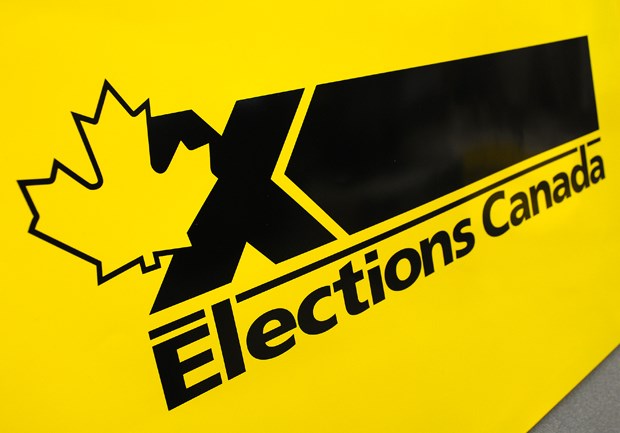Voters in North Shore ridings showed up to advance polls in massive numbers over the Thanksgiving weekend, with voters in the West Vancouver - Sunshine Coast - Sea to Sky Country riding registering one of the highest early voting turnouts in the Lower Mainland.
A total of 16,108 people – over 18 per cent of all eligible voters – cast their ballots in the West Vancouver riding over four days of advance voting, Oct. 9 to 12. North Vancouver voters weren’t far behind – 14,268 of them (over 17 per cent) – cast ballots in advance polls. And 10,704 voters in Burnaby North-Seymour – over 14 per cent of eligible voters – also decided to weigh in early on federal election choices.
The huge numbers of advance voters on the North Shore were among those who accounted for a 71 per cent national increase in advance poll voters over numbers for the 2011 election. In B.C., 507,920 people voted in advance polls – about double the 259,278 who did in 2011.
But the process wasn’t without hitches. The large numbers who turned up unexpectedly to the advance polls resulted in some long lineups that tested the patience of some voters.
Barbara Carstensen said she waited an hour to vote after showing up to her polling station at the John Braithwaite Community Centre in North Vancouver. “It was absolutely ridiculous,” she said.
“I was pretty incensed.” Carstensen said she saw some people walk out rather than stand around waiting to vote. “Will those people get back to vote or not?” she said. “They should have done something to alleviate the issue.”
Dorothy Sitek, spokeswoman for Elections Canada, said the turnout across the province was much higher than had been anticipated.
She said one of the reasons the lineups were so long is “the Canada Elections Act is very prescriptive,” which means only staff who have been sworn in to certain roles can do those during an advance poll.
Staff can’t just choose to set up an additional poll if there’s a lineup, she said. “Voting is a legal process.”
In the past, only voters who were going to be physically absent on Election Day were allowed to vote in advance polls and had to sign a certificate giving a reason.
Today, anyone can vote in advance polls, but there are still additional steps in the process, she said, to ensure nobody votes twice.
Sitek said in addition to a more streamlined process on Election Day, there will be 20 times more polls open across the country than there were during advance polls. Anyone who is in line to vote by 7 p.m. when the polls close will be allowed to cast a ballot.
Max Cameron, a professor of political science at the University of British Columbia, said the high numbers of advance voters was “quite a shocker.”
Parties usually encourage supporters to vote early, and advance polls are popular with seniors and others with mobility problems, he said.
Good weather didn’t hurt either.
“As a general correlation, the tighter the race the more turnout goes up,” he said – although it remains to be seen if the trend continues on Election Day.



